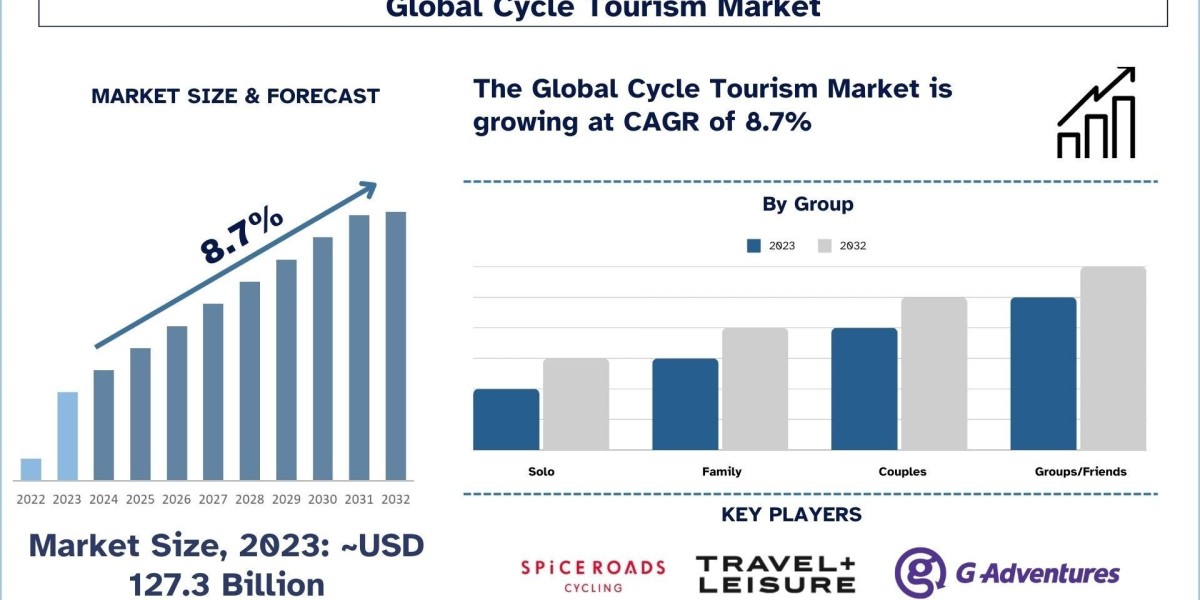Arthro MD+ Canada: A Comprehensive Guide to Joint Health Support
Joint health is a cornerstone of overall well-being, influencing mobility, comfort, and quality of life. In Canada, Arthro MD+ has emerged as a leading dietary supplement aimed at enhancing joint function, alleviating discomfort, and promoting long-term joint health. This article delves into the formulation, benefits, and considerations of Arthro MD+ to provide a well-rounded understanding of its role in joint care.
What is Arthro MD+?Arthro MD+ is a joint support supplement formulated to address common joint issues such as pain, stiffness, and inflammation. Unlike traditional pain relievers that merely mask symptoms, Arthro MD+ targets the underlying causes of joint discomfort by nourishing and protecting joint structures. Its formulation combines natural ingredients known for their anti-inflammatory and cartilage-supporting properties, aiming to restore joint health and improve mobility.
Key Ingredients and Their BenefitsThe effectiveness of Arthro MD+ lies in its carefully selected ingredients, each contributing to joint health in unique ways:
Glucosamine Sulfate: A fundamental building block for cartilage, glucosamine helps maintain its structure and function, reducing joint stiffness and discomfort.
Chondroitin Sulfate: Works synergistically with glucosamine to enhance cartilage elasticity and retain water in the joints, promoting cushioning and flexibility.
MSM (Methylsulfonylmethane): Known for its anti-inflammatory effects, MSM aids in reducing joint pain and swelling, supporting overall joint mobility.
Turmeric (Curcumin): A potent natural anti-inflammatory, turmeric helps alleviate joint swelling and pain, contributing to improved joint function.
Boswellia Serrata Extract: Traditionally used to ease inflammation, this extract supports joint mobility and reduces discomfort.
Hyaluronic Acid: Acts as a lubricant within joints, enhancing smooth movement and reducing friction-related pain.
Zinc and Copper: Essential minerals that support cartilage regeneration and bone health, contributing to overall joint integrity.
Pygeum Bark Extract: Known to improve flexibility and reduce joint discomfort, supporting active lifestyles.
These ingredients work synergistically to address various aspects of joint health, from reducing inflammation to supporting cartilage repair and enhancing lubrication.
How to Use Arthro MD+ (Canada)
Using Arthro MD+ correctly is essential to get the maximum benefit from the supplement. Here’s a detailed guide:
Recommended Dosage:Take 1 capsule per day
Best taken with a meal (preferably breakfast or lunch) to enhance absorption and reduce the chance of stomach upset.
Take it at the same time every day for consistency.
It’s not necessary to take more than one capsule unless directed by a healthcare provider.
Swallow the capsule with a full glass of water.
Do not chew or crush the capsule.
Results vary, but many users report improvement in joint comfort and flexibility within 2–4 weeks.
For best results, use it consistently for at least 3 months.
It can be used long-term as part of your daily health routine.
Regular use of Arthro MD+ may lead to several notable benefits:
Reduced Joint Pain and Inflammation: The anti-inflammatory properties of its ingredients help alleviate joint discomfort.
Improved Flexibility and Mobility: Supports joint function, making daily activities more comfortable.
Enhanced Cartilage Health: Promotes the maintenance and repair of cartilage, crucial for joint integrity.
Natural and Safe Ingredients: Formulated with natural components, reducing the risk of adverse effects.
Increased Quality of Life: By improving joint health, Arthro MD+ can contribute to a more active and fulfilling lifestyle.
Arthro MD+ is suitable for a wide range of individuals experiencing joint-related issues:
Seniors: Age-related joint wear and tear can lead to discomfort; Arthro MD+ may help alleviate these symptoms.
Athletes: Regular physical activity can strain joints; the supplement supports recovery and joint health.
Individuals with Arthritis: Those suffering from arthritis may find relief from joint pain and stiffness.
Physically Active Individuals: People engaged in physically demanding jobs or activities can benefit from enhanced joint support.
By addressing the root causes of joint discomfort, Arthro MD+ supports individuals in maintaining an active and pain-free lifestyle.
Usage and DosageFor optimal results, it is recommended to take one capsule of Arthro MD+ daily after a meal. This enhances nutrient absorption and allows the powerful formula to work efficiently. Consistency is key; regular use supports long-term joint health and mobility.
To ensure authenticity and quality, it is recommended to purchase Arthro MD+ directly from the official website or authorized Canadian distributors. This approach guarantees the receipt of genuine products and provides access to customer support and potential discounts.
ConclusionArthro MD+ offers a natural and science-backed approach to joint health, addressing common issues such as pain, stiffness, and inflammation. With its blend of clinically researched ingredients, the supplement supports cartilage repair, enhances joint lubrication, and promotes overall mobility. Whether you're seeking relief from existing joint discomfort or aiming to maintain long-term joint health, Arthro MD+ presents a viable option to consider.








